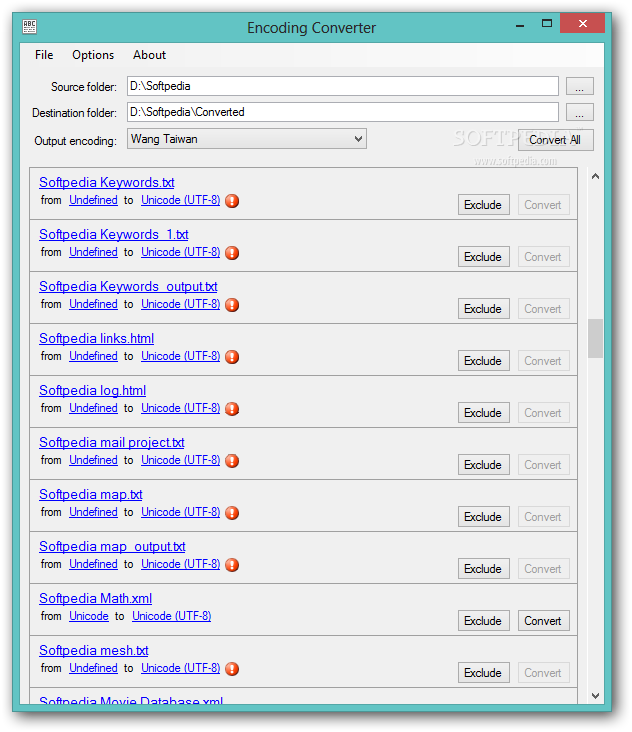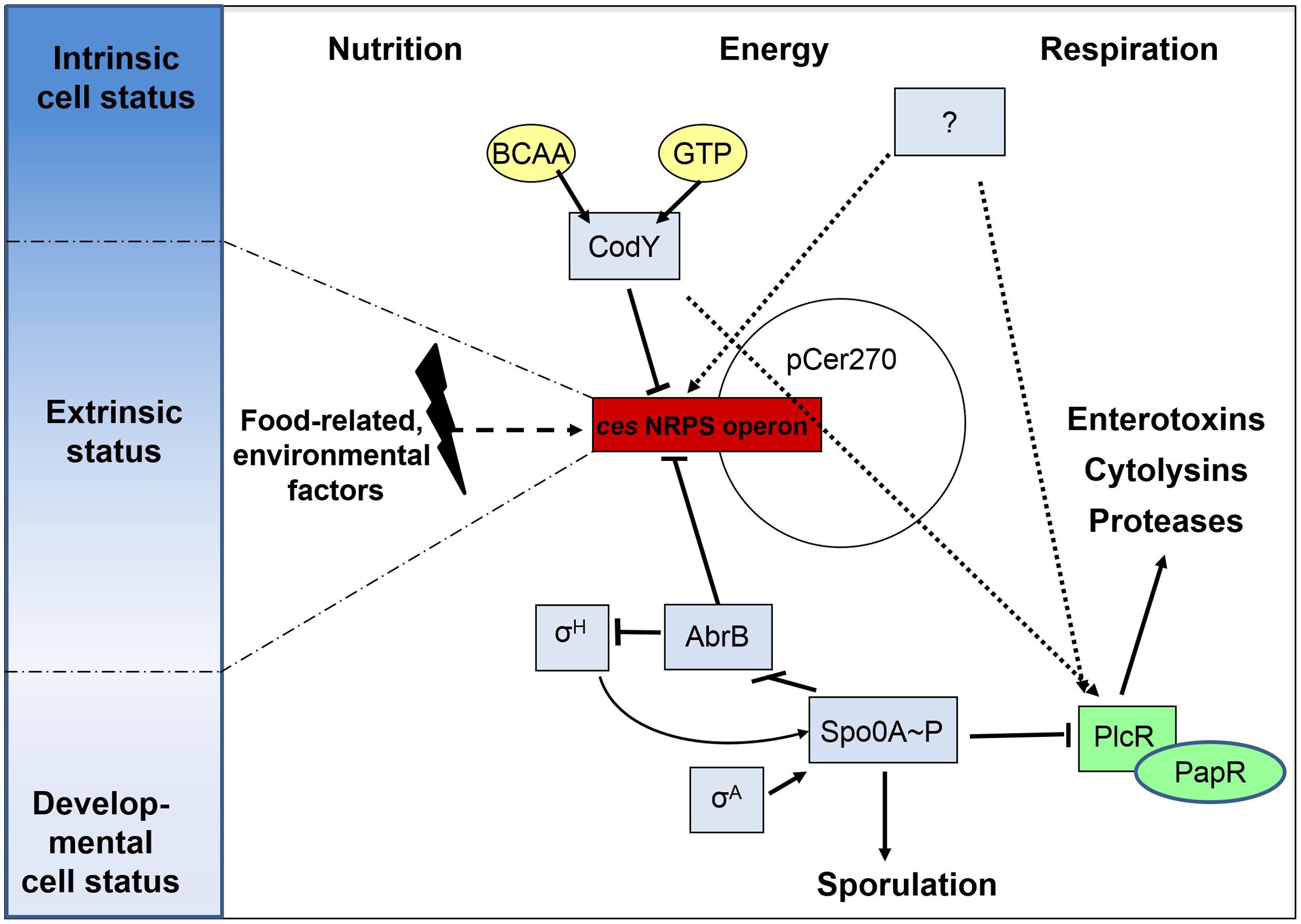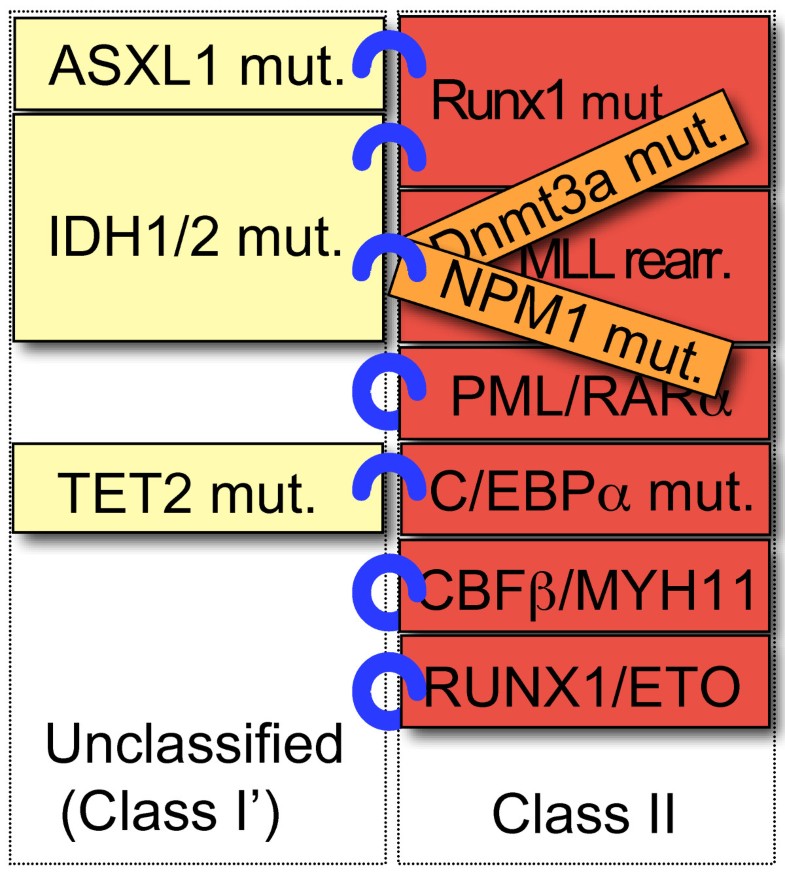



In vitro- grown etiolated epicotyls segments of ‘Carrizo’ citrange ( Citrus sinensis × Poncirus trifoliata) and ‘Hamlin’ sweet orange were used as source of explants. This positive–negative selectable marker may be applied to enhance recombinase-mediated cassette exchange for site-specific chromosomal integration in citrus (Wang et al. Non-transgenic and codA-transgenic internode segments were cultivated on selective medium containing 5-FC, showing that 5-FC did not affect the growth of non-transgenic citrus cells, whereas it inhibited shoot regeneration from codA-expressing transgenic cells. Agrobacterium-mediated transformation of citrus was carried out in order to evaluate the efficiency of selection using the codA gene as a negative marker. coli genome and cloned as a fusion to the nptII gene in the pCTAGV-KCN3 binary vector under control of the double enhance CaMV35S promoter. In this work, the codA coding sequence was isolated from the E. Therefore, 5-FC is toxic for cells of several plant species transformed with the codA gene (Gallego et al. This substance is metabolized to 5-fluorouridine 5%-triphosphate and 5-fluoro-2%-deoxyuridine 5%-monophosphate, inhibiting both RNA and DNA synthesis, resulting in cell death (Andersen et al. The gene product of codA deaminates cytosine to uracil, and also converts the uracil analog 5-fluorocytosine (5-FC) into 5-fluorouracil (5-FU). The usefulness of codA as a conditional toxic gene has been explored in various Agrobacterium-mediated transformation protocols (Babwah and Waddell 2000 Dutt et al. In several plant species, the codA gene from Escherichia coli, encoding cytosine deaminase, has been successfully used as a negative selection marker. The expression of a negative selectable marker gene causes either immediate or conditional cell death in transformed cells and therefore allows for the selection of cells lacking these marker genes (Koprek et al. We found that, while non-transgenic citrus were unaffected by the presence of 5-FC, all of the transformed lines displayed symptoms of toxicity, indicating that the codA gene could be used as a negative selectable marker in Citrus, for post-transformation detection of the removal of undesired sequences. We developed transgenic citrus lines containing the selection cassette, codA:: nptII, driven by double enhanced CaMV35S promoter, verified by Southern blot analysis, RT-PCR, DsRed expression and subjected these transgenic lines to a 5-FC sensitivity assay. We tested the transgenic expression of the bacterial codA gene in citrus as a conditional negative selection marker, with the goal of selecting against plant tissues in which a transgenic cassette has not been successfully removed. The codA gene of Escherichia coli encodes cytosine deaminase that hydrolyzes 5-fluorocytosine (5-FC) into the cytotoxic compound 5 fluorouracil. Negative selectable markers, on the contrary, allow the repression or ablation of transgenic cells. The use of positive selectable marker genes is widespread in plant genetic transformation allowing transgenic cells to grow while repressing non-transgenic cells.


 0 kommentar(er)
0 kommentar(er)
